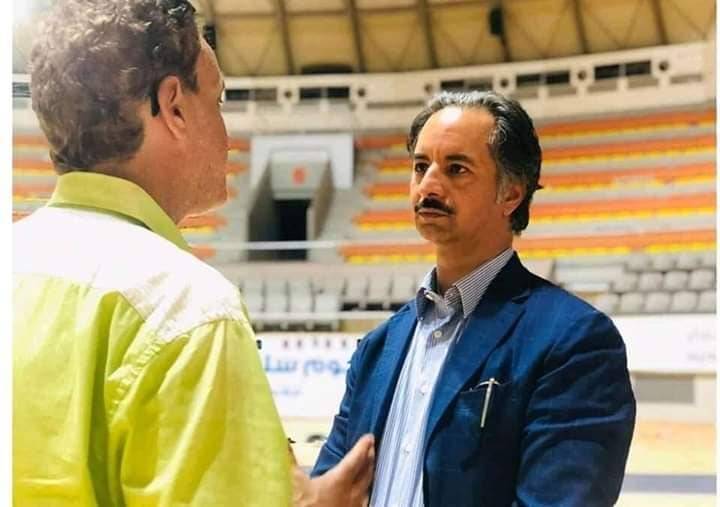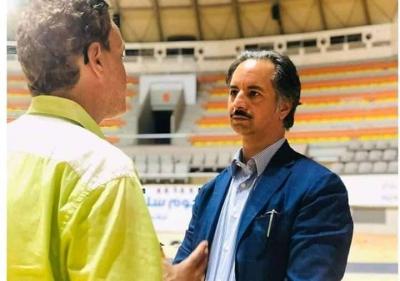On Monday, Saadi Haftar, the eldest son of the commander of the Libyan National Army, Khalifa Haftar, announced that he is ready to run for the presidency of Libya, but he warned that national elections in the OPEC member state can only take place in the presence of security stability and the formation of a new government.
Saadi Khalifa Haftar, who does not hold military responsibilities unlike his 79-year-old father, enhanced his public image on social media amid uncertainty regarding his father's potential presidential candidacy in the future. In an interview, Saadi (43 years old) defended his family’s role in the country and sought to present himself as a representative of Libya’s youth.
Speaking in Paris through an interpreter, he stated, "I believe we have the ability to positively mend the rift between Libyans and establish the principle of national reconciliation among all Libyan people, and this role is inherent to what the family does in defending the homeland in the civil aspect."
When asked if he would run in any future presidential elections, he replied that it all depends on the circumstances at that time, but he clarified that if he were to run, he would represent all Libyans. Saadi Haftar mentioned that he does not have a "personal" problem with the current government, but a new technocratic government should be formed to clearly prepare for the elections.
He added, "Due to what we've seen from the current government, unfortunately, it has proven to fail in its role, which is preparing for the elections, and it has been performing other tasks outside of its mandate, so elections cannot be held under this government."
He further stated that he does not oppose the current electoral laws awaiting parliamentary approval. Saadi Haftar emphasized that elections cannot take place without security stability across the country, saying, "Any elections in the absence of security stability will not ensure free and fair will."
The United Nations is seeking to conduct nationwide legislative elections before holding presidential elections, noting that before any such move, there first needs to be a government agreed upon by all major parties to lead the country during the elections.
Since early 2021, the eastern Libyan parliament has not accepted the UN-recognized Government of National Unity in Tripoli, led by Abdul Hamid Dbeibeh, following a failed attempt to conduct national elections.
Last month, the risks of unresolved Libyan conflict became apparent when armed factions clashed in Tripoli, resulting in the deaths of 55 people in the worst violence there in years.
Since the NATO-backed uprising in 2011, Libya has not experienced significant peace or security, and since 2014, it has been divided between warring factions in the east and others in the west. Although the fiercest fighting ended with a ceasefire in 2020, trust remains weak among the main faction leaders. Many Libyans do not feel that their political leaders are concerned with reaching a lasting settlement or conducting elections that might oust them from positions they have held for years.




